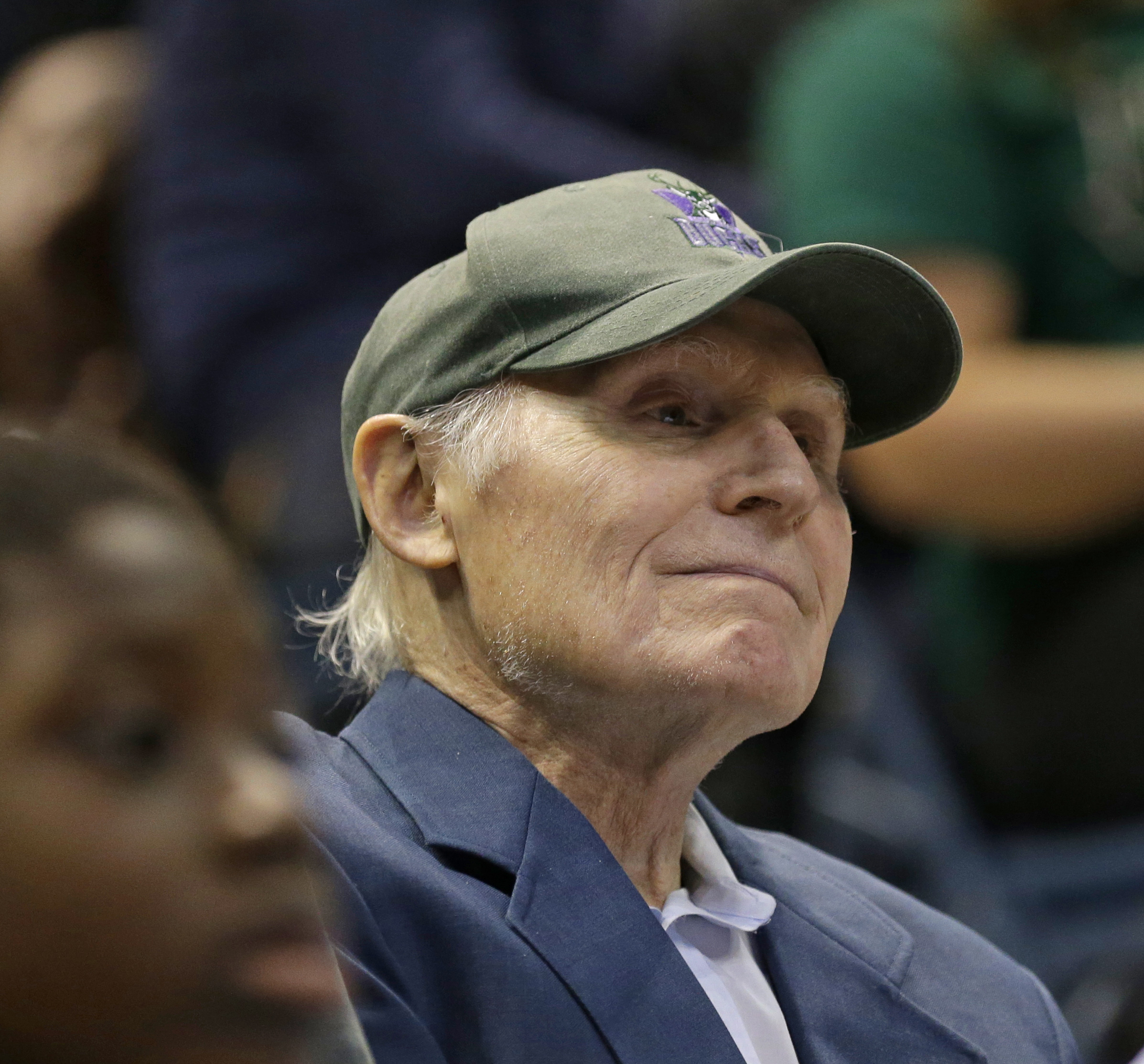
Nobody loses money owning a professional sports team. The latest exhibit A is Herb Kohl, owner of the Milwaukee Bucks.
This afternoon, according to ESPN, Kohl will announce he’s selling the team to some investment bankers.
The Bucks have made a living being mediocre for most of the nearly three decades Kohl has owned the team, as this Business Insider column several years ago adequately stated:
Unlike teams in the NBA’s largest markets, the Bucks are not guaranteed a steady source of revenue. They don’t have the local population to fill an arena by default, and aren’t awarded extremely lucrative TV deals or hosts of national sponsorship deals to fund their existence. If the Bucks don’t draw fans, their financial future is in serious jeopardy. (And the pending lockout only makes things worse.)
Therefore, the Bucks can’t afford to be bad enough to pick at the top of the draft. Rather than being in position to select a franchise-altering prospect, they must capitalize on a pick in the 8-15 range. And while Milwaukee wants to develop the young talent it selects, the team must remain competitive. Sinking too much time and money into a prospect that ultimately fails can have a lasting negative impact on the franchise.
The “lack of revenue” complaint is a main driver of the push for a new taxpayer-subsidized arena to replace Bradley Center.
But look at the numbers being thrown around today. According to ESPN, Kohl is selling out for $550 million, more than 25 percent more than what Forbes valued the team at a year ago, when it ranked the team last in market value, singing a sad song.
The 26-year-old BMO Harris Bradley Center is one of the NBA’s oldest arenas and owner Herb Kohl wants it replaced. The venue recently got $3 million in upgrades to luxury suites and theater boxes, but it is not enough to keep up with the newer venues around the NBA. The team’s current lease at the Bradley Center runs until 2017 and shares only a limited portion of suite, merchandise and concession revenues with the Bucks. An average of only 13,000 households watched Bucks games last season on Fox Sports Wisconsin, which was the second smallest audience for games behind the Charlotte Bobcats.
That’s some rough data. It’s also phony data.
When he bought the team in the 1980s, Kohl paid $18 million — $40 million in 2014 dollars. That’s a 1375% return over his ownership run, or more than 40% on average per year.
But Kohl and the Bucks didn’t make much money on an annual basis. In fact, he tapped the NBA for loans in three seasons.
Nonetheless, today’s announcement is a good reminder about the reality of sports economics. The operating revenue is only part of the story of professional sports. The real payday comes when an owner cashes out.
By the way, assuming Forbes was wrong in assessing the Minnesota Timberwolves value as it was in assigning value to the Bucks, the local franchise is worth $546 million. Glen Taylor put the team up for sale a year ago, opting instead to keep the team he and his minority partners bought for about $89 million in 1994. That’s about $142 million in 2014 dollars.
If he made a similar deal as Kohl made, Taylor and his partners would net a 385 percent return on their investment, about a 19 percent return per year.
